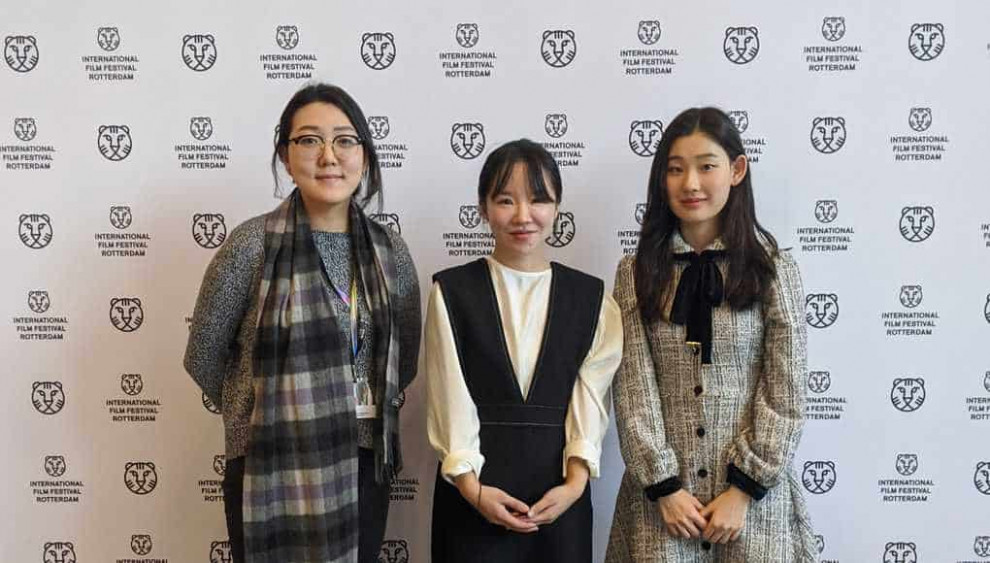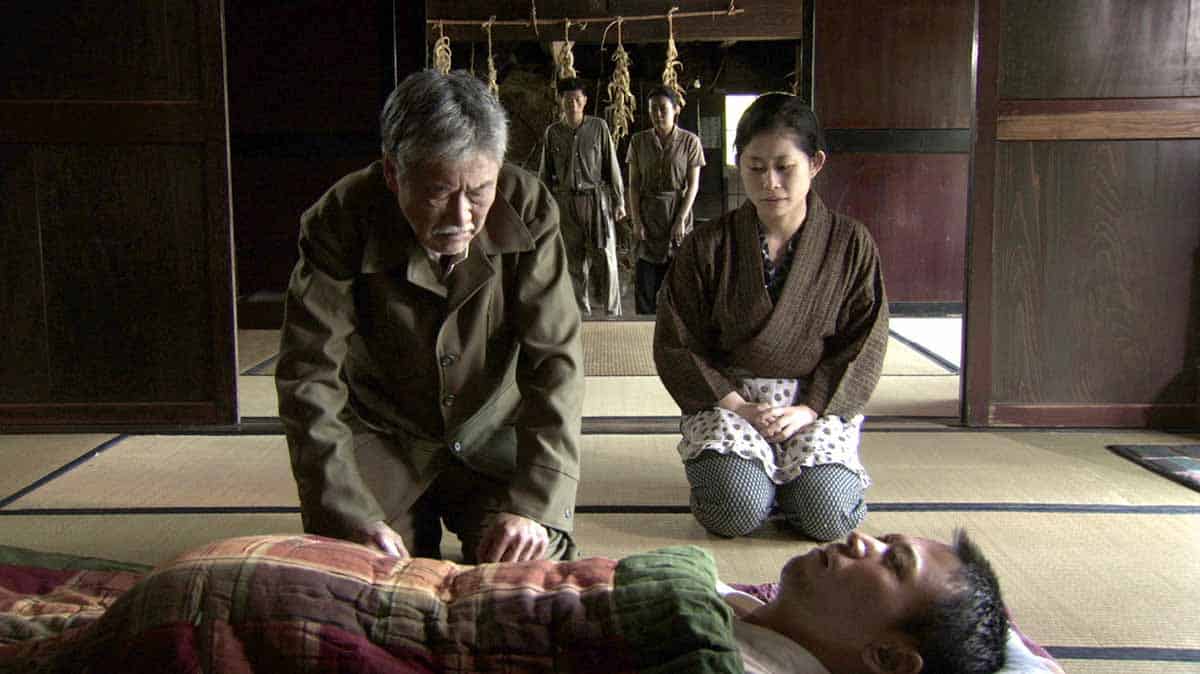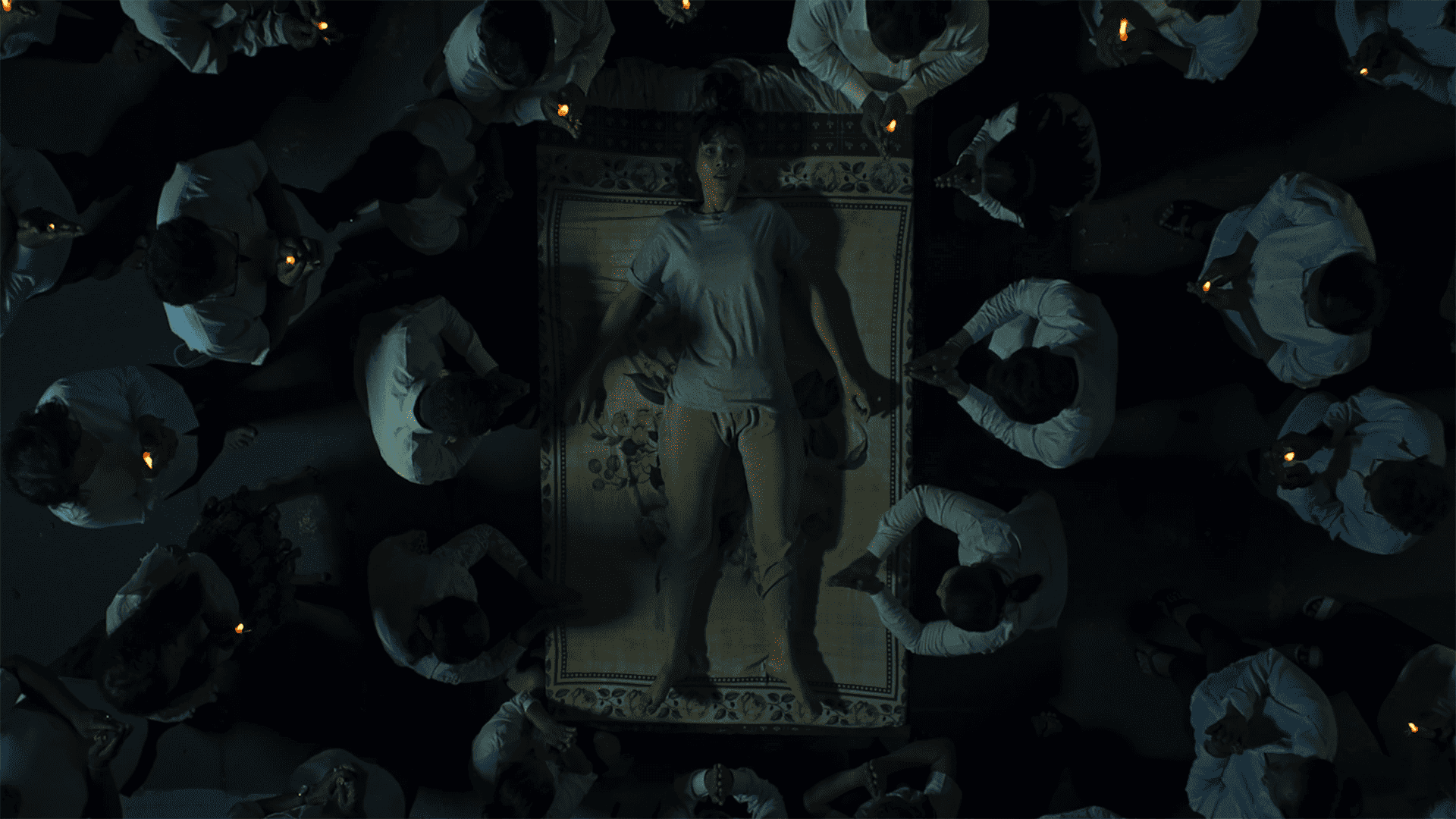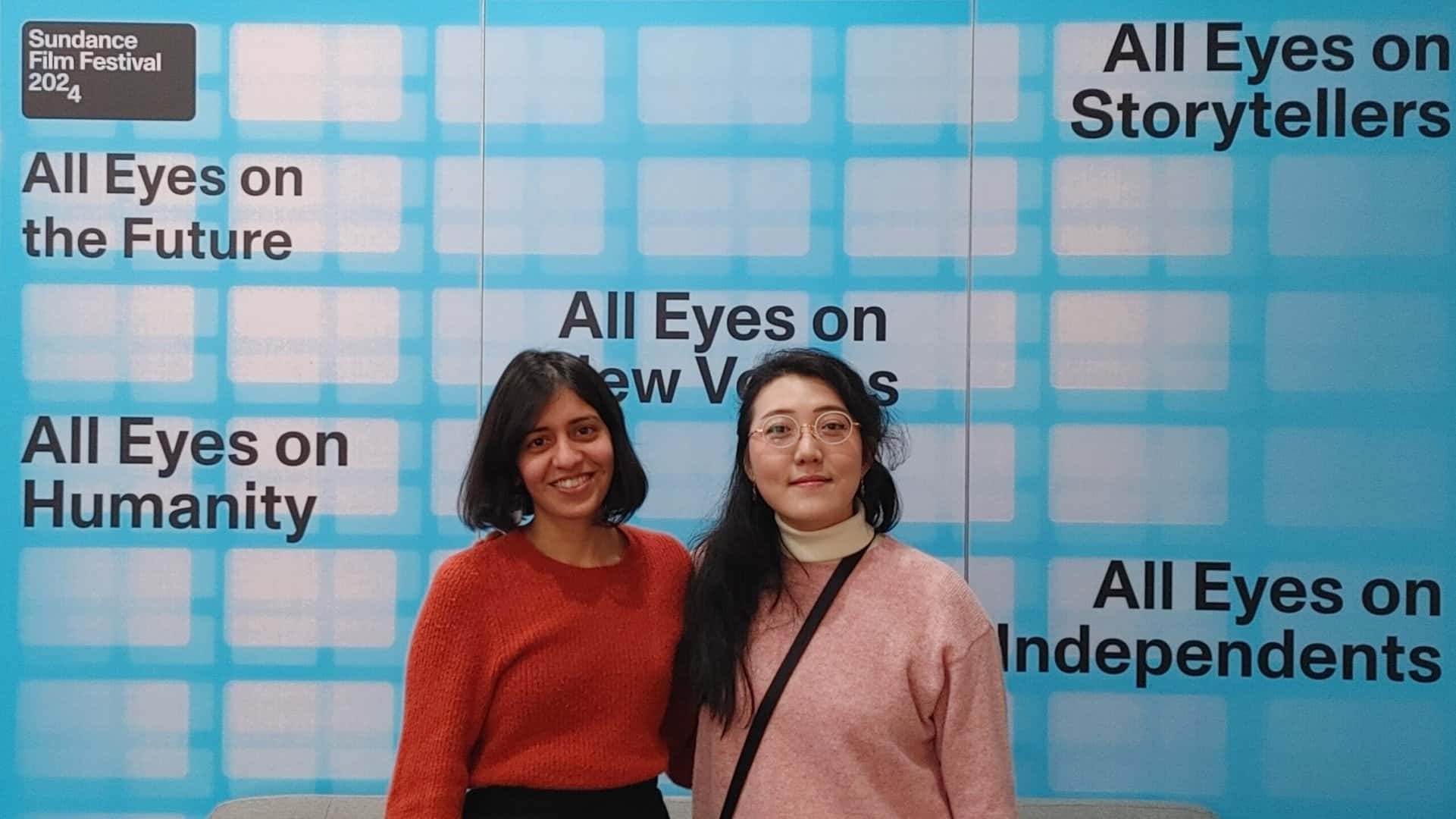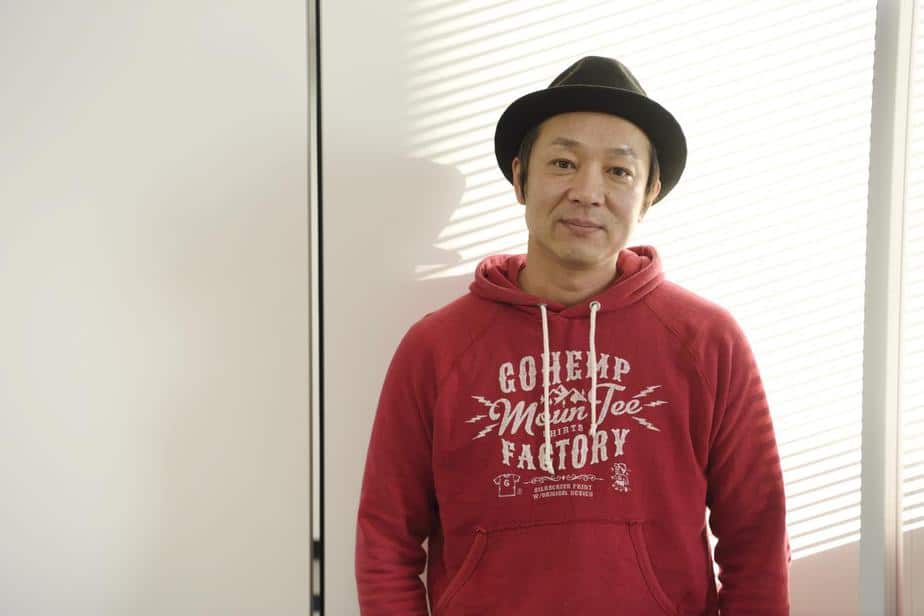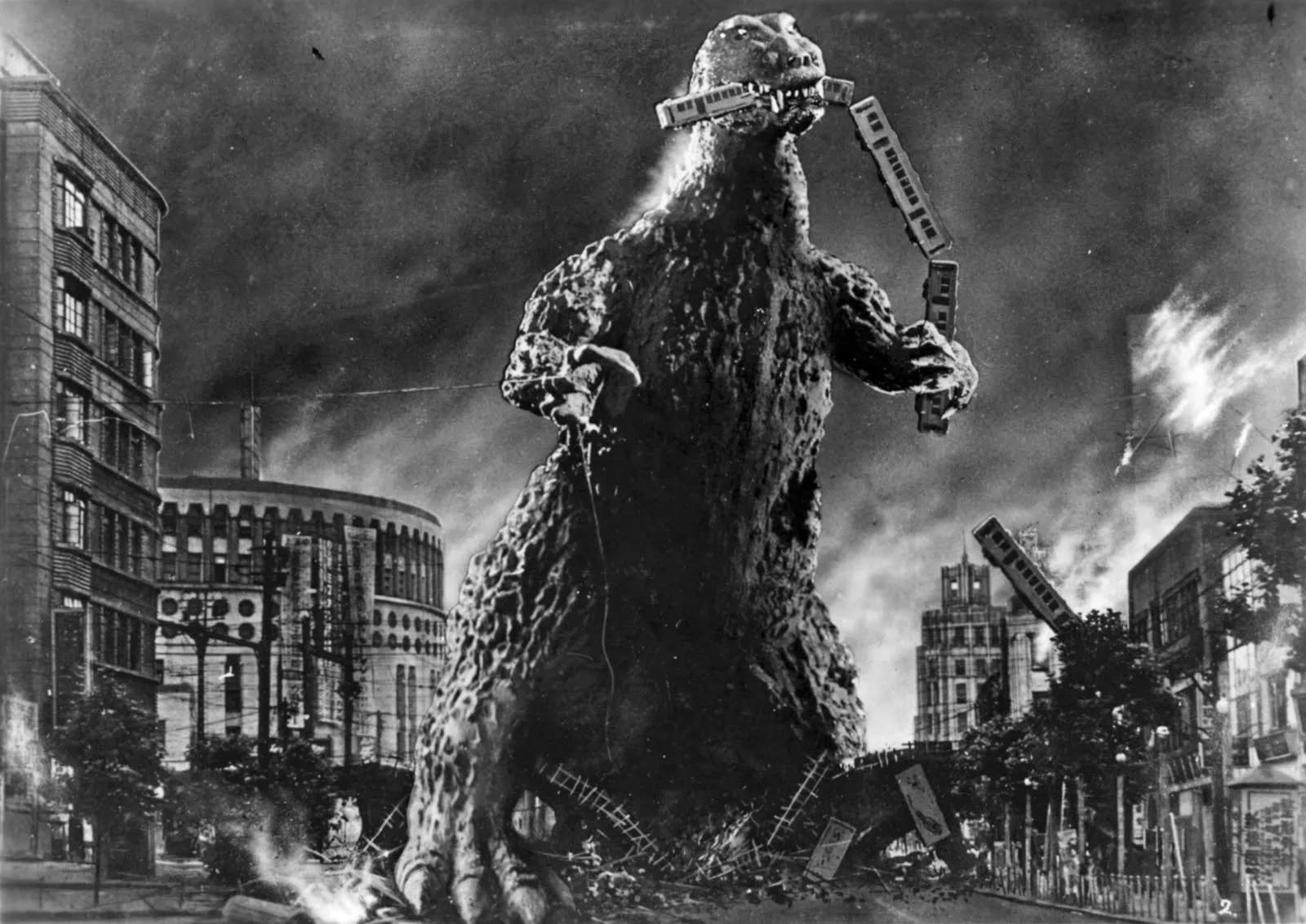Since the world premiere at 24th Busan International Film Festival, Yoon Dan-bi's “Moving On” (2019) has kept the festival circuit a-buzz in the new Korean female-filmmaker new wave. The winner of the four BIFF awards and the IFFR Bright Future Award, “Moving On” has caught the attention of audiences far and wide. The film tells a story stripped down to the basics: in the face of their ailing grandfather, a family rediscovers what it means to stick together one steamy summer. With a restrained camera, a single set, and a flood of natural light, the Kore-eda-esque tale feels as universal as it does intimate.
For her international premiere 49th International Film Festival Rotterdam, Yoon Dan-bi visited with her lead actress Choi Jeong-eun. The two rising stars could not have been more different; Choi Jeong-eun's bubbly demeanor counterbalanced Yoon Dan-bi's pensive poise, though their mutual respect clearly tied them by the hip. At IFFR, we asked them about their past, their journey into film, and their dreams.
How did you both start your career in film?
Yoon Dan-bi (YDB): In my third year of high school, I didn't really know what I wanted to do with my life. My peers already had a clear idea, but I felt pressured into choosing something. At the time, I happened to watch Yasujiro Ozu's “Good Morning.” Even though [Ozu and I] have never met before, I felt as if he spoke to me personally, that he knew me deeply. I realized I want to make something like that. A film that resonates with the viewer, even though I have never met them before. From there, I decided to move to Seoul [from Gwangju] to pursue film studies.
Choi Jeong-eun (CJE): For myself, I've always wanted to act. I loved watching dramas as a child; even at 5 or 6 years old, I would wear my hanbok (traditional dress) like they do in historical dramas and re-enact the scenes at home. My parents were very supportive. Once I got to high school and actually started acting, they were happy because I am actually following my heart.

How did you two meet?
YDB: I had already written the script and thought I should look for someone not just through their acting, but their image. I saw a trailer for the short film that [CJE] was involved in. She looked so natural.
CJE: The audition took place in a cafe in Seoul, where I acted out a couple lines from the script. 1-2 weeks later, I received word that she wanted me in her film.
It's a first working on a feature film, right? Did you two face any challenges in particular?
CJE: It's not my first time acting. I acted in some shorts before, but since they were usually 10-15 minutes each, there wasn't as much dialogue. I wondered — could I really pull off a script over a longer period of time? What if I didn't actually do as well half-way in-between, or my acting isn't as consistent?
YDB: There was a bit of anxiety amongst the cast and crew, where we would ask ourselves — “Could we actually do it?” Making a feature is a big investment. Each day took about 10 hours, and it's tiring for everyone to stay on-set all the time. The community we worked with was really supportive, however; even those who weren't assigned for the day came to set to support everyone else.
CJE: I'm still so thankful for that sort of environment.
When I watched the film, I also felt like the actors – not just the characters – started to grow closer to each other.
CJE: You're right. When we first started shooting – even for reading – I did feel really awkward hanging out with a younger person and thinking of them as my sibling. As production continued — and we worked together, ate together, talked to each other over breaks — the tension did ease a little. Park Hyeon-yeong used to talk to the three of us together and ask us to be honest with each other. I think we really did get closer to each other over time.
YDB: We did shoot most of the scenes in the order of the film. I do have a few regrets, though — like, sometimes I wonder if it would have made more sense for the actors to have been more familiar with each other for some of the key scenes. If we shot it all again, I think we really could have been able to perfect the movie.

Did you two get inspired by your personal lives at all?
CJE: When I first started shooting for the film, I was in my second year of high school [even though Okju was in middle school]. The director told me I should just act as I would. Even though I don't have siblings – and Okju has one in the film – it was less difficult to act that out than I thought it would be. I think the hardest scenes to act out where when Okju herself was going through a hard time — like when she throws a tantrum, or when she's at the funeral — so it was a little hard. But the other actors, like Kim Sang-dong and Park Hyeon-yeong, would make suggestions. What if you did this? Or what if you did that? What kind of aura and essence does Okju really possess?
YDB: I wanted to make something universal. [“Moving On”] isn't 100% made up of things I've experienced before, but I do think of it as a spillover of things I have always felt. Feelings of intimacy, with family, of experiencing like or dislike — all these are things that I have experienced while living. I wanted to make something that other people could relate to in their own lives.
The story itself is very family-centric. How did your relatives react?
YDB: My parents saw it, but my father just said “Oh, it's a good movie.” But I think my mother did feel a little remorseful. Okju reminded her of me, and felt some sorrow [pertaining to our grandparents] thereafter.
CJE: My maternal grandfather passed away six months before we started shooting the film. He was sick for 4-5 years, and then his health suddenly deteriorated in six months. So when I first saw the script — it's not entirely the same, since I was quite close to my grandfather even though Okju is not — I tried to do my best for him. I thought a lot about my own relatives. When my mother saw the film at the Seoul International Film Festival, she cried a lot. She said it was quite sad. So I think — maybe — my own my own mother must have felt the same way. My father was pretty happy about my performance though; he's still very proud about what I have done [as an actress].
The film feels really natural – kudos to both of you.
YDB: What a relief! If it felt forced at all, the project would have fallen apart. I didn't want [the film] to be manipulative – to be something that forces you into feeling a certain emotion for the sake of fiction. A lot of film contains an element of spontaneity, of working with what happened on set. Like Dong-joo laughing after he ate the noodles — this wasn't originally in the script, but he just did it and it just worked so well.
CJE: In addition to the script, YDB told us to act as if we would have done. Sometimes we didn't have a script at all and YDB would tell us to interpret the scene however we wanted. It made everything come more naturally.

The house is also weirdly familiar. Though I've never actually seen a house like it, it reminded me a lot of my own grandmother's home. Where did you find it?
YDB: We found the house in Incheon. The original owner lived there for over 50 years. Most of the furniture in the house is from that time – like the radio, for example – so when I first saw the house, I thought, “Wow, I would love to shoot a film here.” So I adjusted the script to the house and added extra scenes accordingly, like picking grapes in the garden. We really liked it because the house had a lot of windows too; it felt like a celebration of light every morning. We shot there for roughly three weeks. The original owners have now returned.
You film has also done well at Busan. How did you get there?
YDB: I received the BIFF Support Fund, so it was secured that I would premiere my film there. At first, I didn't think it would do that well. Even after I made it, I wasn't sure how people would think of it. So I was surprised to see how many people resonated with it – very pleased as well.
CJE: I couldn't go since I was studying for my university entrance exams, but now I'm thinking that maybe I should have gone. (laughs) [Even during my studies,] I definitely kept tabs on the film's reception through my phone. I was very pleased with the results.
YDB: To be frank, I didn't know when the Awards Ceremony was — I just expected to eat some food at the reception. But then when the ceremony started and my film kept being called forward, I cried. A lot. I'm so glad that people actually responded to it. When people talked to me individually, they would tell me that they related; that their parents felt the same way, that their grandparents went through something similar. I heard a lot of individual stories, and really enjoyed how they resonated with real-life stories by real-life people.
Now we're at IFFR, how do you feel your international reception will go?
YDB: I think it's most important for someone to stay true to themselves in a film. Even though there may be ambiguities — even with differences in language and in cultural references — I think it's most important that the original spirit of the film is properly conveyed.

After this project, what do you two want to do next? In the future?
YDB: Before, there weren't that many independent female filmmakers coming from Korea. Suddenly it feels like there has been a renewed interest in independent Korean cinema. It's pretty empowering; it feels like, yeah, this is actually a viable career path. I can keep making movies.
CJE: And I want to keep acting. I want to be not just a good actress, but a good humanitarian, have a good influence on others.
YDB: [Thinking about my previous point,] it is a bit of a tricky dilemma. I would love to continue working with independent cinema if the said films could still get funding. It wouldn't hurt to work with commercial films though like Bong Joon-ho, who still maintains his own style even when working with big-budget productions. I think he's a great role model. He can make something that still is true to himself, but still well-funded.
CJE: But I mean… I'm good with anything. And everything. So long that I can continue to act, then I'm set. I hope my acting reaches out to other people, and only adds to other people's lives! (laughs)
And finally: anything you'd like to add?
YDB: When I first made this film, I thought — maybe I made an impression now, but would it actually last? This is just my first film, but I would like to make something that ages really well, like even 10, 15 years into the future. I would like to make a film that stands the test of time. I hope people will appreciate my film!
CJE: Since I'm still young, I want to try as many things as possible. If there's anyone out there who would like to hire me, please let me know! (laughs).


